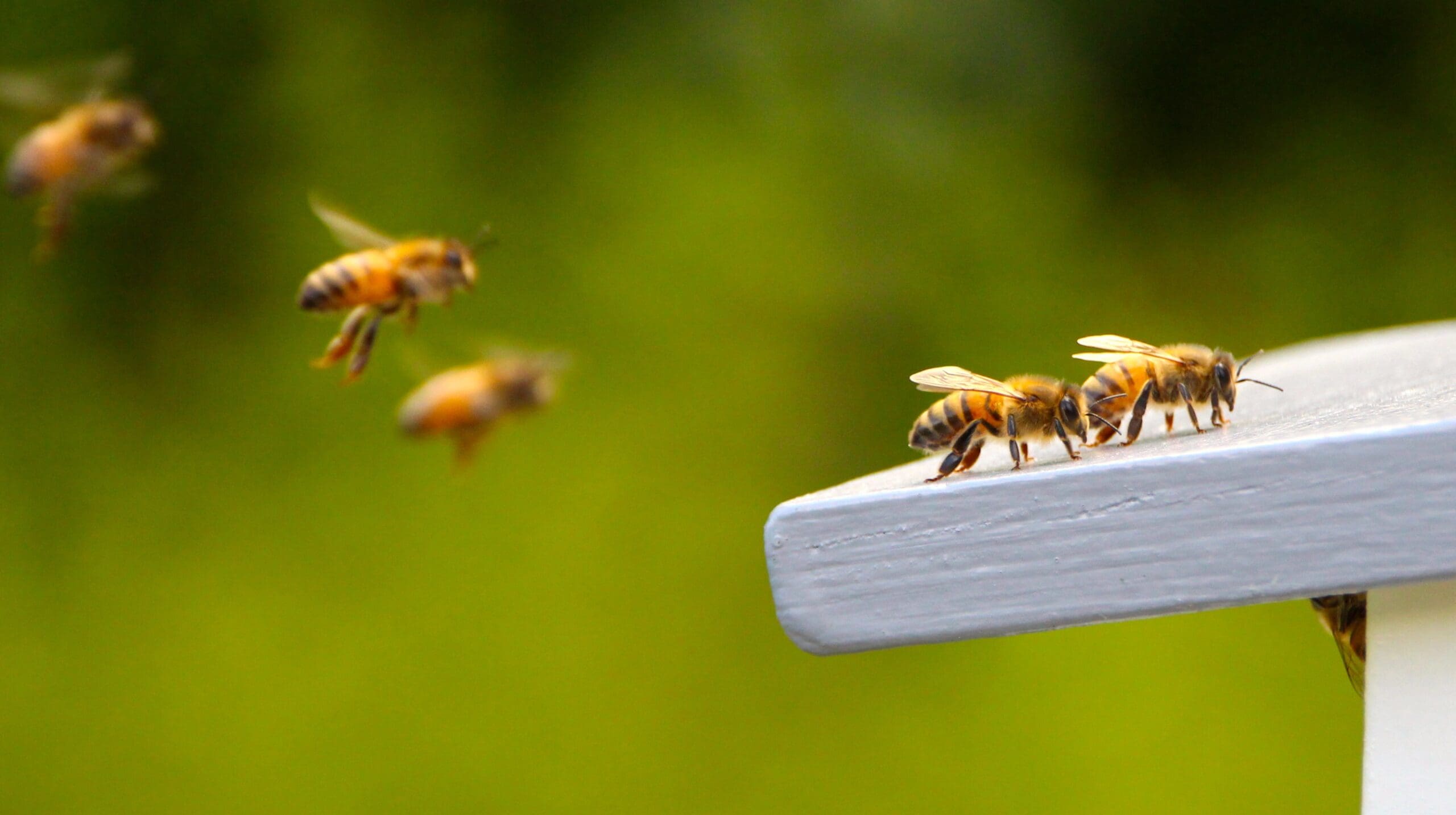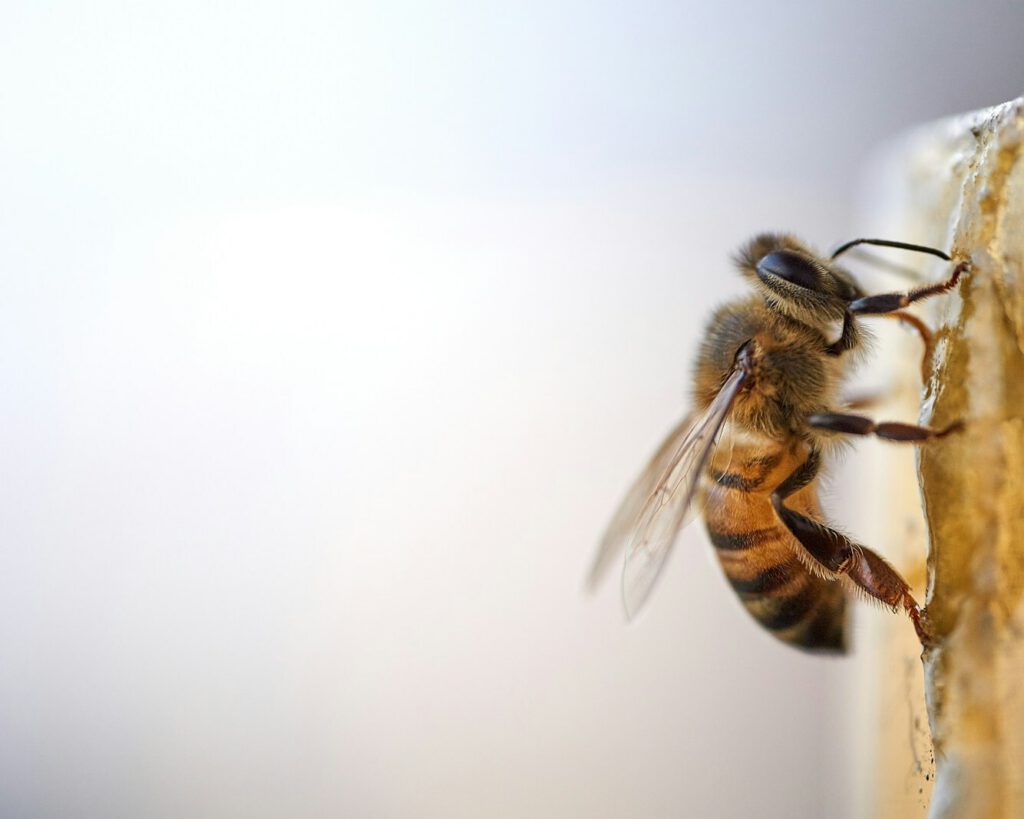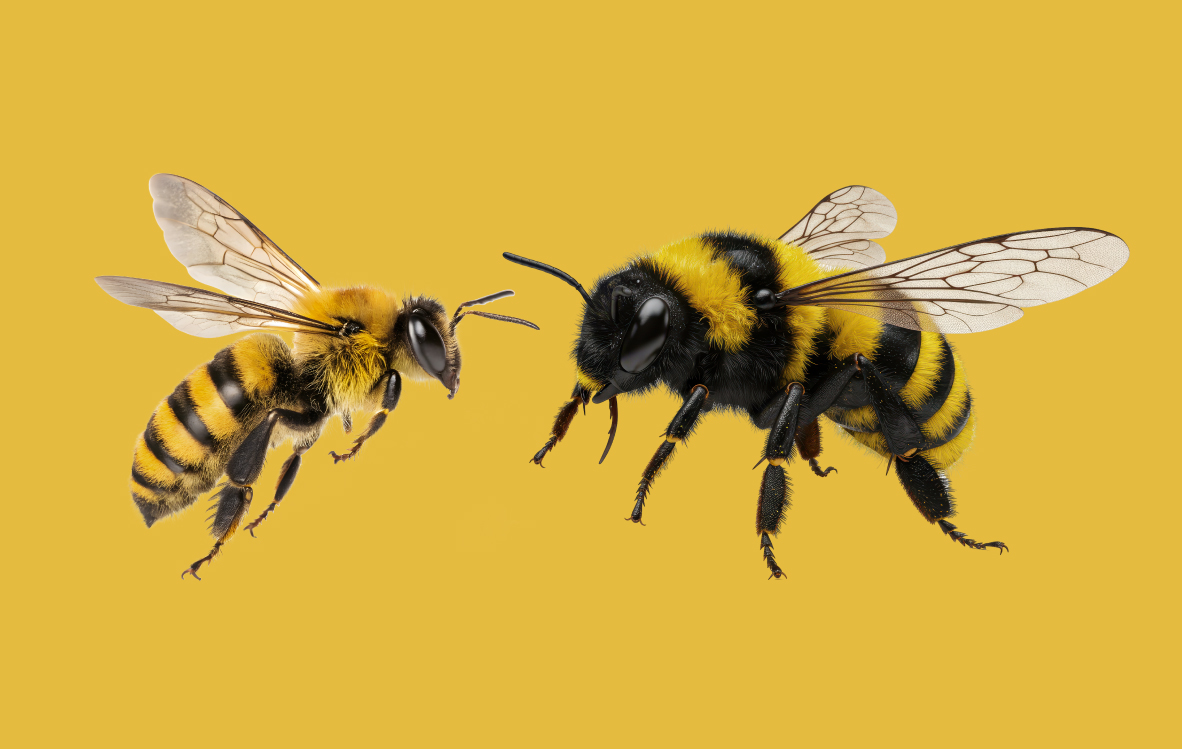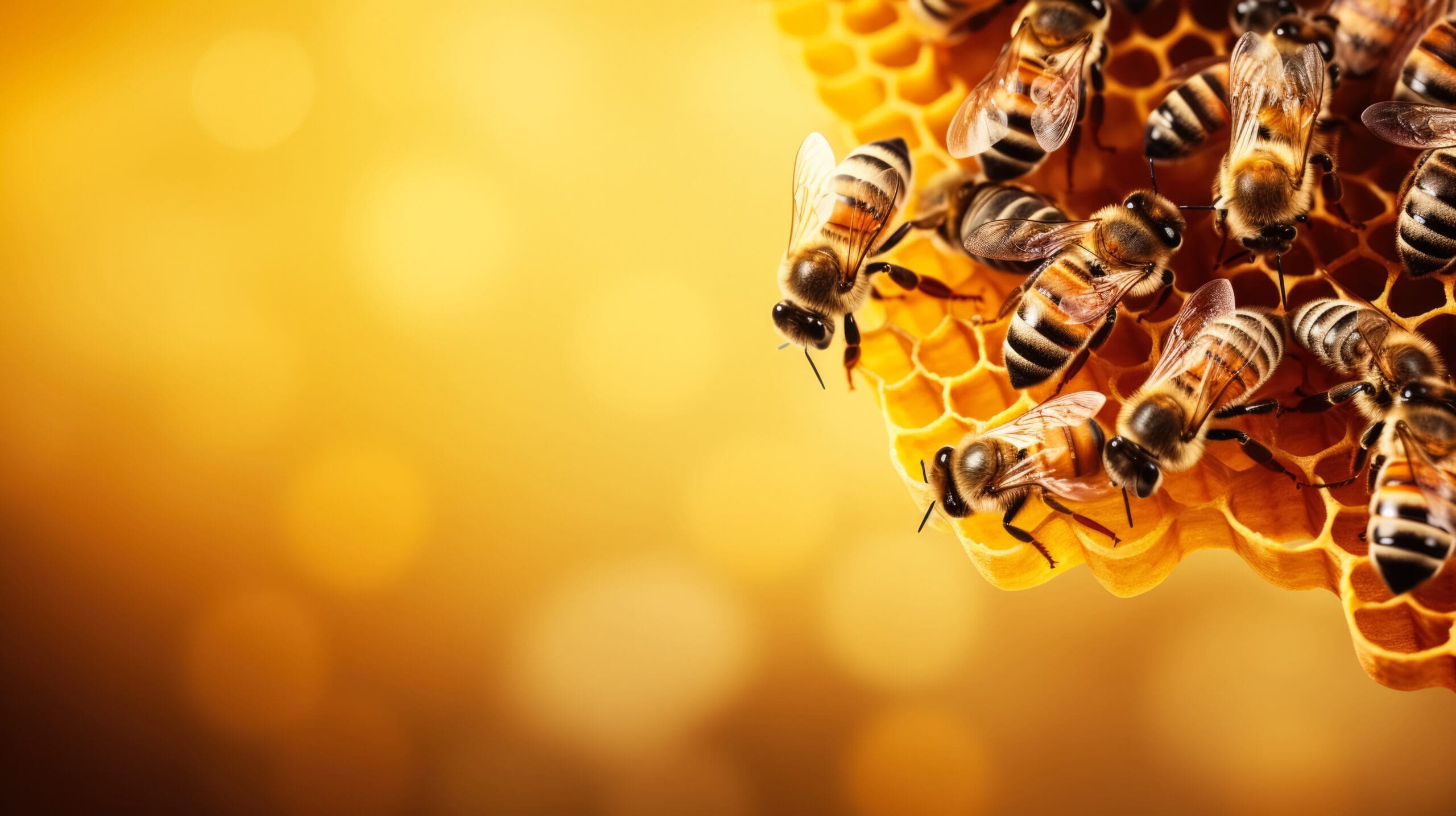
Bee Removal in Chippenham
BEEKIND™ takes pride in being one of the few companies in Bristol, Bath, Trowbridge, Melksham, Chippenham, and surrounding areas offering specialist bee removal services focused on conservation and care. We safely extract and relocate honey bee and bumblebee colonies without harm, ensuring the integrity of your property and the survival of these vital pollinators. By rehoming bees at our local apiary, we protect both biodiversity and your home—the true “BEEKIND™” way.
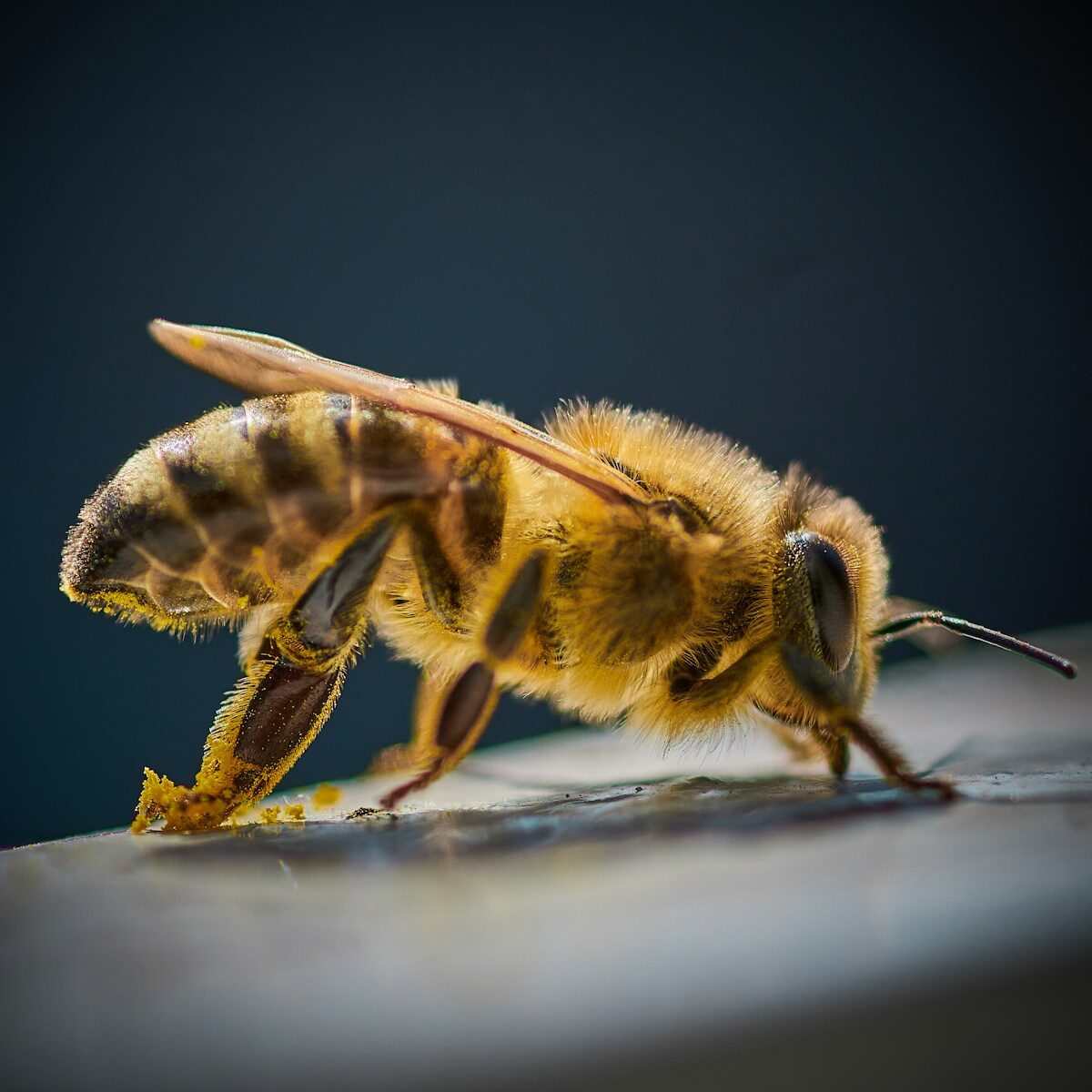
Expert Bee Removal Services for Bristol, Bath, Trowbridge, Melksham, Chippenham & the Surrounding Areas
At BEEKIND™ Pest Control, our commitment to saving bees and protecting the environment drives everything we do. Our expert team specialises in live bee removal, rescuing bees from properties across Somerset and Wiltshire areas, including Bristol, Bath, Trowbridge, Melksham, and Chippenham.
Our pest control company safely relocates all honey bee colonies to our apiary or to local beekeepers. We recognise their vital role in pollination and the delicate balance of ecosystems. Therefore, we approach this service with the utmost care, ensuring no harm to the bees or your surroundings. By rehoming the bees to our apiary, we provide them with a safe environment where they can thrive naturally. We can also save and rehome bumblebee colonies to our apiary.
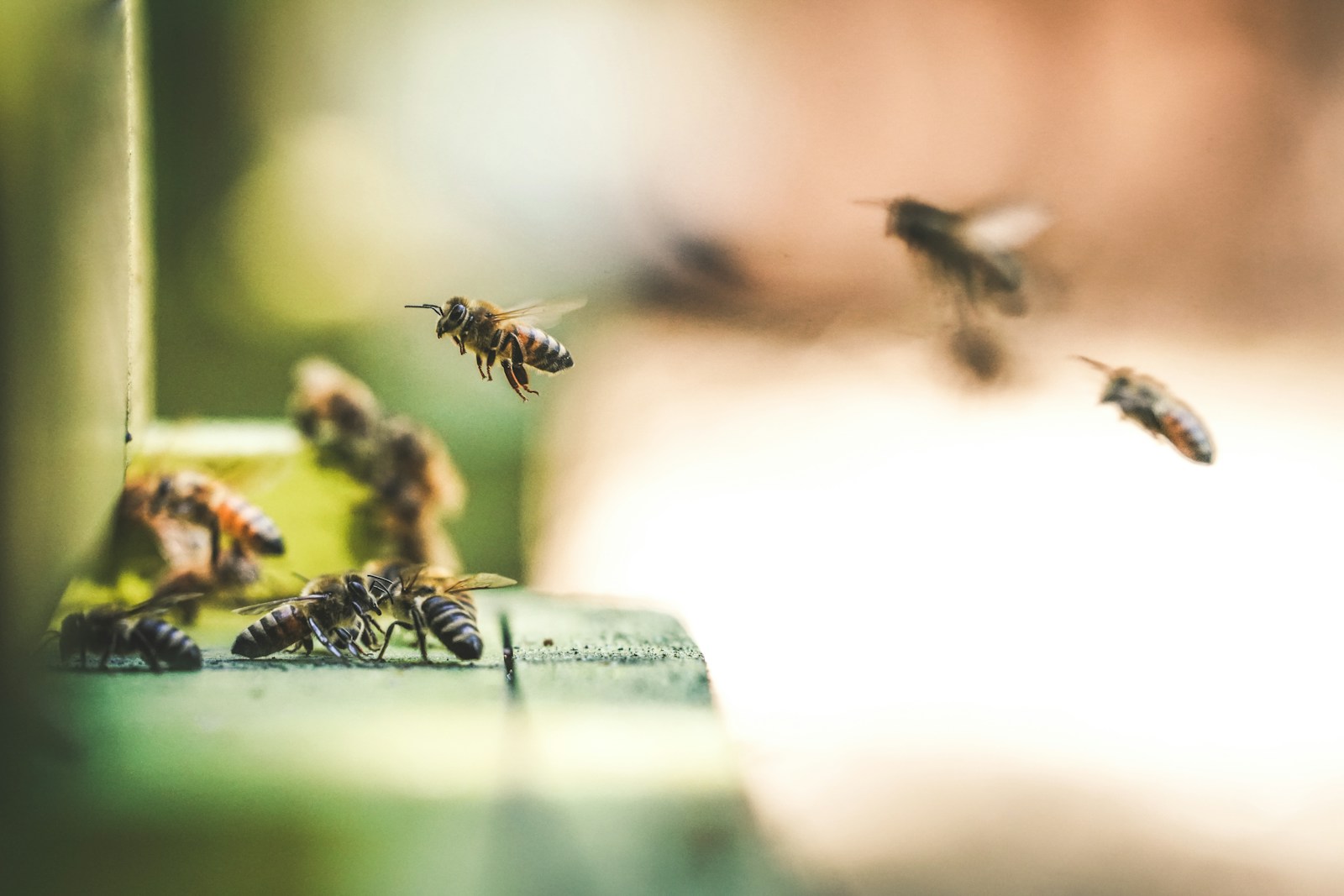
Ready to Swing Into Action
Contact us today to learn more about our bee removal services, which span from early spring to late autumn. Our social media platforms and website gallery feature videos showcasing our bee nest removals from various locations, including chimneys, under tiles, behind walls, and other areas where bees establish colonies.
We have experience and knowledge to remove honey bees from all residential, commercial, and grade-listed properties. We are fully insured and trained to remove building fabric and replace or carry out reinstatement works with proofing. This prevents more bees from getting back in and making a new colony. We even guarantee it!
Other services BEEKIND™ offers throughout the Bristol, Bath, Trowbridge, Melksham, and Chippenham areas include bird and insect control, rodent prevention, and woodworm treatments.











